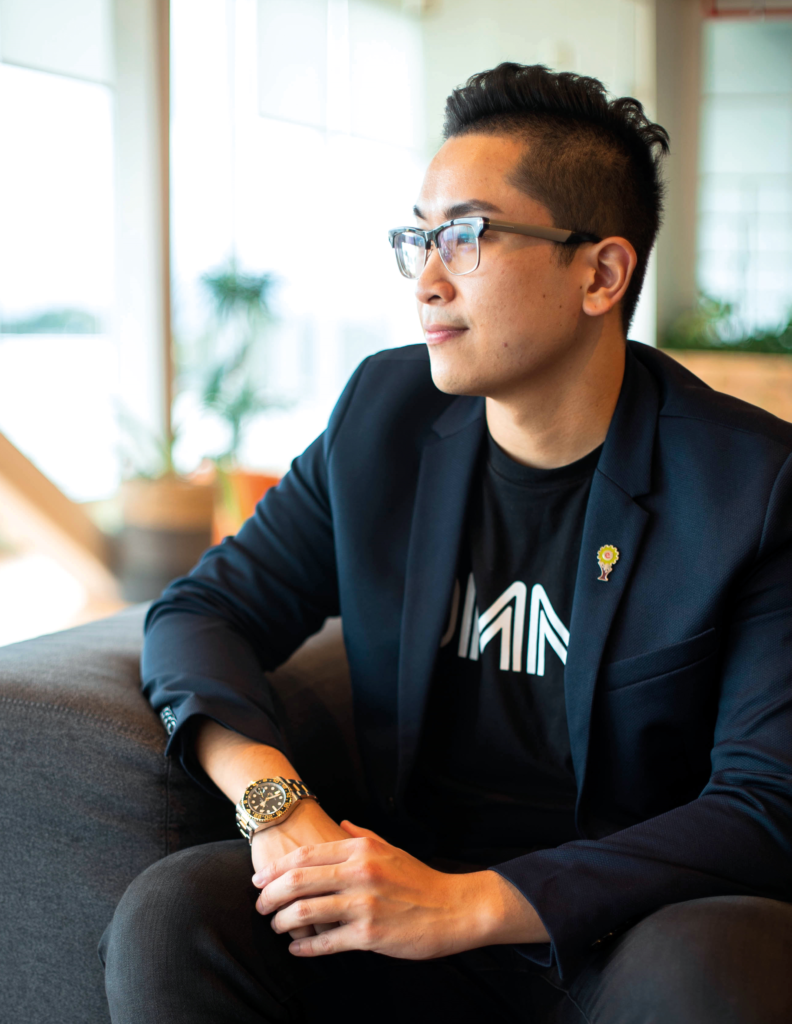When Erik Cheong listed his backpacker hostel on nascent vacation rental platforms like Airbnb in 2015, occupancy rates almost doubled. As the 32-year-old recounts: “I realised that technology can really turn a business around.”
Cheong, who went on to co-found Park N Parcel — a service provider to Alibaba’s logistics arm, Cainiao — is now Asia Pacific CEO of super-app outfit Omni. Here, he’s spearheading the mission to launch its Omnigo electric motorcycle rental and sharing programme in Singapore.
The company projects the service will comprise 2,000 bikes within three years. Discussion with regulators and a local transportation firm are in progress, after which limited sandbox trials will follow.
While electric vehicles (EVs), owned or shared, are gaining traction in Singapore, Omni is differentiating itself with its battery-swapping technology. So instead of plugging in an EV and waiting for it to charge, users will simply have to replace spent batteries with fully charged ones at a battery charging station — a godsend for time-strapped riders.
With more people in Singapore turning to online shopping, Cheong expects Omni’s business to be dominated by B2B users like logistics companies and food delivery services. However, he has his eye trained on larger markets, such as Thailand, Vietnam, Indonesia and Malaysia, which have larger populations of motorcycle users.
Part of Alibaba’s eFounders Fellowship programme in 2019, Cheong learnt to approach business on an international scale. “[I told myself] I need to think bigger, I need to look for a region that is really exciting.” So while Grab and Gojek dominate Southeast Asia, he made inroads into Central America with Omni.
Even though it’s based in Singapore, Omni launched its operations in Costa Rica in 2019, introducing consumer services including bicycle sharing, taxi hailing, digital wallets and QR payment, e-commerce, telemedicine and e-medical records.
And the volume of digital payments in Central America has picked up, thanks to the switch to cashless transactions due to Covid-19. Naturally, Cheong sees promise in the fintech needs of the region.
“I know untapped markets have huge potential, and that’s something we really hope to spread to Central America to change the lives of everyone.”
And if he can achieve his dream “of building something equivalent to or even bigger [than Alibaba]” while he’s at it, then all the better.
